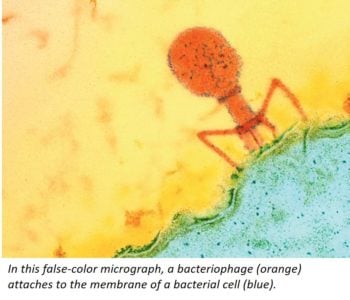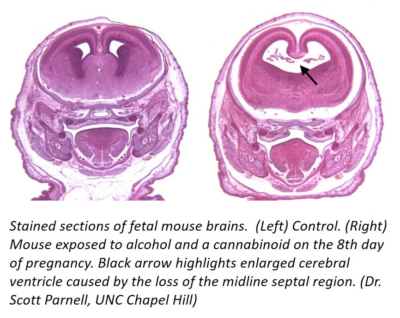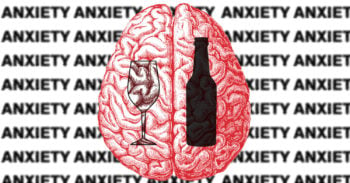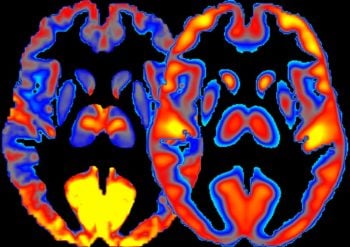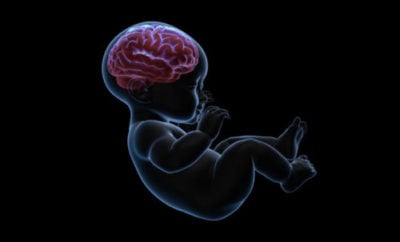Bacteriophage therapy may ease severity of alcoholic hepatitis
NIH-funded study in mice merits further investigation as a potential treatment A specific strain of a common bacteria found in most people with alcoholic hepatitis correlates with greater liver disease severity and mortality, according to a new study published in Nature. Alcoholic hepatitis is a serious form of alcohol-associated liver disease, and people with it … Read more
